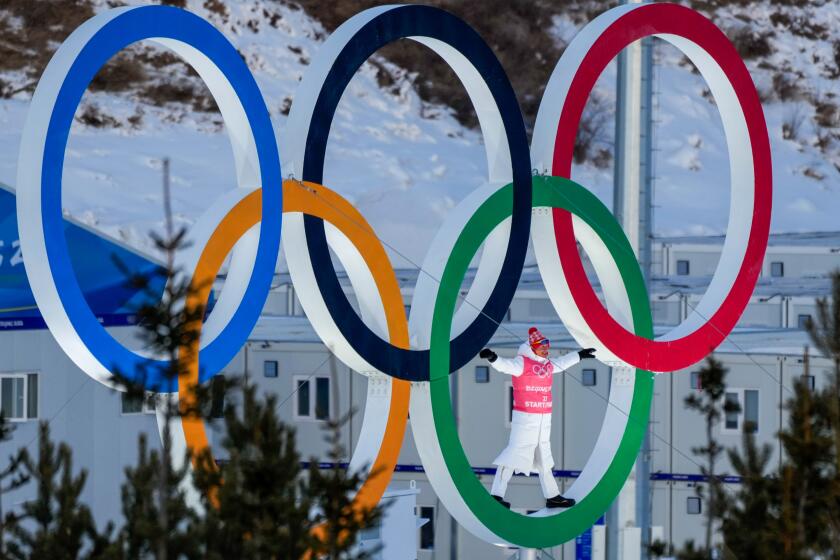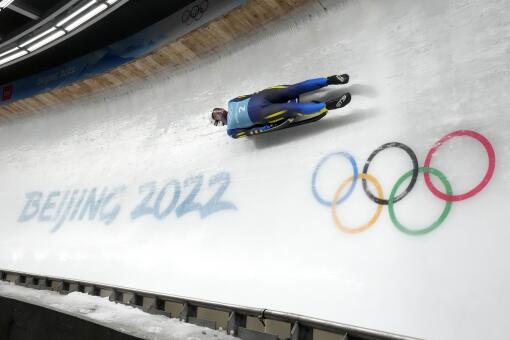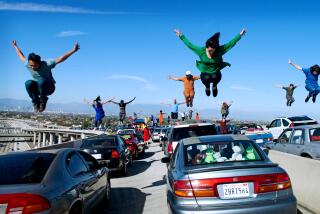New events at Beijing Olympics push extreme sports limits, promote gender equity
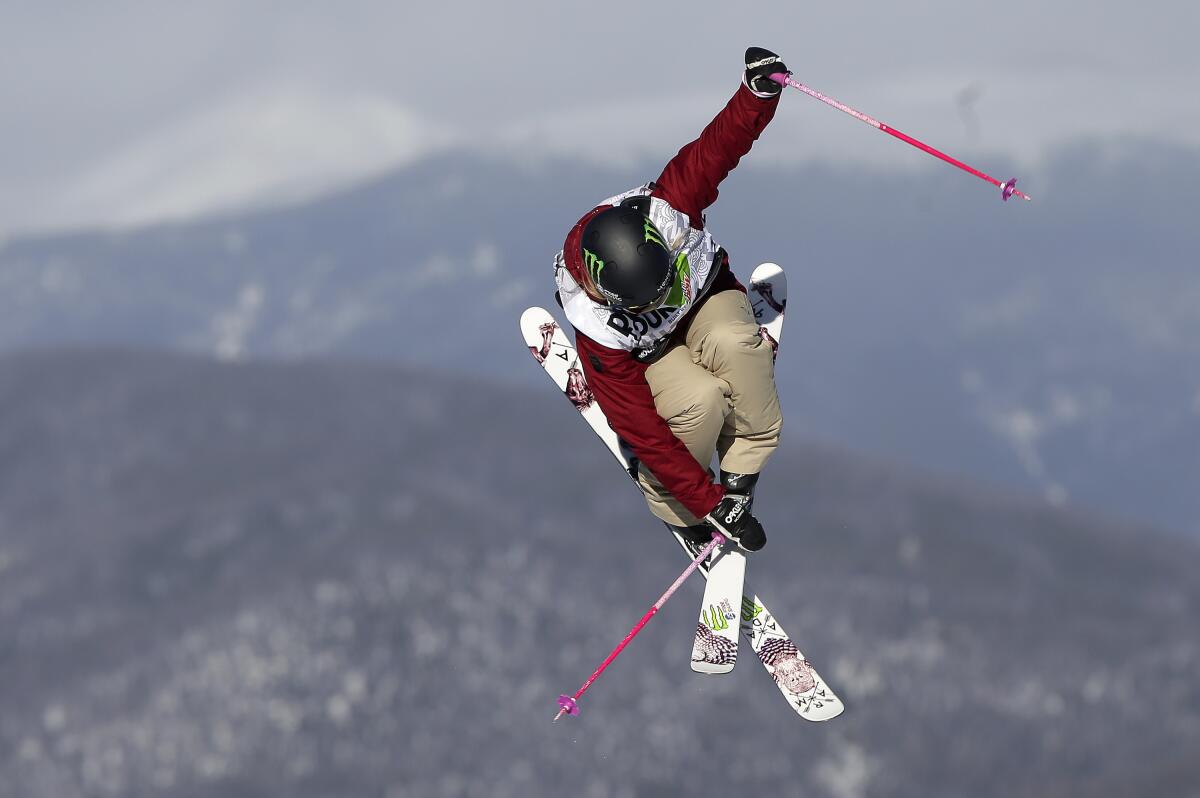
BEIJING — Big air lived up to its name in Pyeongchang. Organizers built the world’s biggest big air ramp for the 2018 Games in South Korea, where snowboarders got the first crack at bringing the heart-stopping X Games favorite to the Olympics. They twisted through the air like spinning tops and flipped as if gravity no longer applied. Fans packed the stands alongside the skyscraping structure.
Skier Maggie Voisin looked at the snowboarders ripping down the 160-foot-tall ramp and felt a tinge of jealousy. That, she thought to herself wistfully, looks like so much fun.
Four years later, the three-time Olympian can finally join in.
As the Games return to Beijing in their winter format, the stakes have changed. It might be enough just to avoid calamity.
Freestyle skiing big air is one of seven events making its Olympic debut this year as the Games tries to expand its reach into extreme sports and promote gender equity. In addition to men’s and women’s freestyle skiing big air, the Olympics welcome mixed team events for freestyle aerial skiing, snowboard cross, short track relay and ski jumping and added a women’s monobob to the bobsled events.
Beijing’s Big Air Shougang ramp, built on top of a former steel mill, looks like a ribbon elegantly floating through the air and will remain on the bank of Shougang Qunming Lake after the Games, making it the first permanent big air ramp in the world. Freestyle skiers get to test it in Olympic competition for the first time on Monday.
All snowboarder and freestyle skiing athletes who qualify for the slopestyle event are entered into big air. Slopestyle includes multiple sections and tests an athlete’s ability to maneuver over rails and catch big jumps while big air focuses on an athlete’s single, biggest trick. The pared down requirement is “relaxing,” Voisin said, even though the idea of flying over a 50-foot gap is enough to send most people’s heart rates sky high.
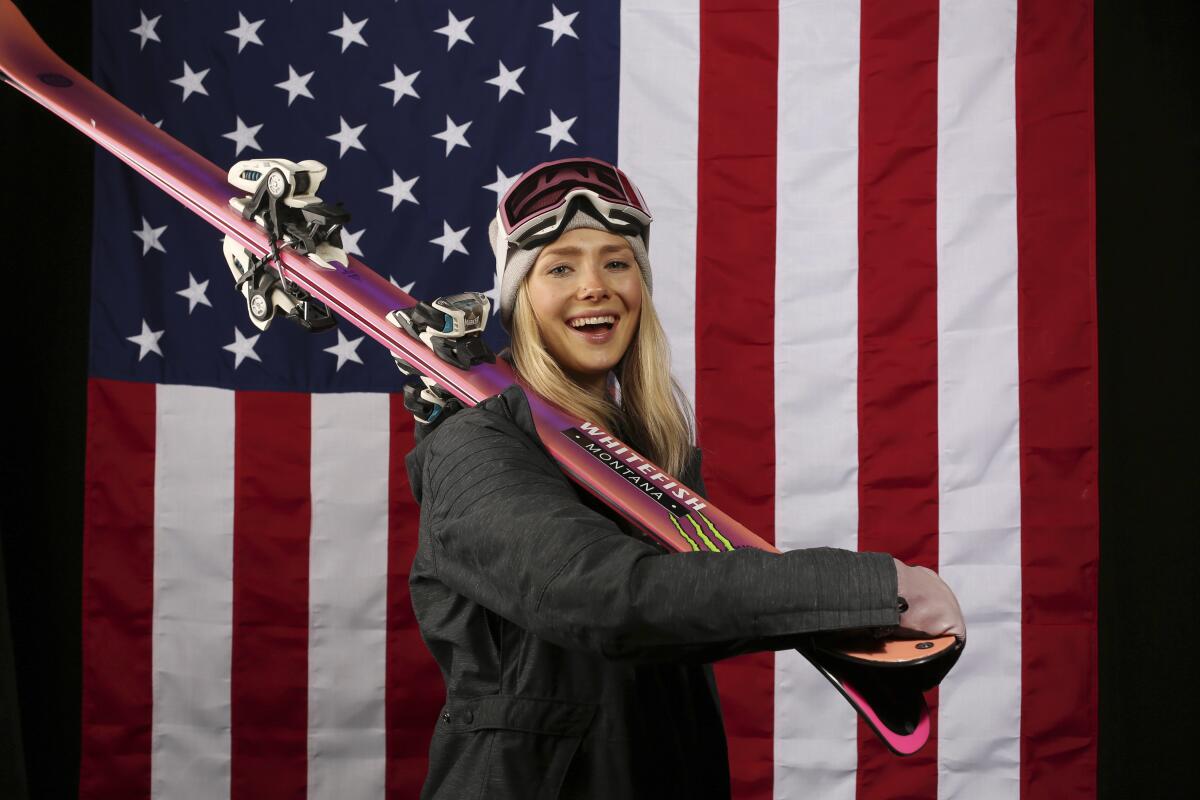
“The really cool thing about big air and slopestyle is they go together,” said Voisin, who finished fourth in big air at the 2022 X Games. “Someone’s going to throw down their biggest, best trick. Well, that biggest, best trick is like my biggest run in my slopestyle run. So for me, I feel like big air is extra practice to get my confidence up to work on my bigger tricks.”
Although the big air discipline is new, skiers launching themselves into the air and twisting into a blur is a familiar sight at the Winter Olympics. Voisin wondered whether casual viewers will be able to notice the difference between freestyle skiing big air’s debut and aerials, which has been a staple of the Olympic program since 1994.
While both disciplines feature large ramps that fling skiers into the air, aerialists take off from steeper ramps that send them higher while the flatter big air jump allows competitors to clear a large gap. Aerialists are judged on precise form and technique in their tricks and only takeoff facing forward.
But there are few rules in big air, where skiers can land forward or backward, flip or spin in any direction and grab their skis to show their individual style.
“That’s kind of the beauty of our sport: no one does one trick the same,” two-time Olympian Alex Hall said.
Aerials, the second-oldest freestyle skiing discipline in the Winter Olympics, is due for an upgrade by adding a mixed team event in which three skiers per country — each team must have at least one man and one woman — compete together with the team score combining individual marks from all three athletes.
The team event made its world championship debut in 2019. There in Deer Valley, Utah, Ashley Caldwell suddenly found herself in a situation where her individual performance directly contributed to someone else’s result. It was the first time since playing soccer as a child that she felt the pressure of performing on behalf of a team.
“That’s definitely a new feeling for me, but it is fun,” said Caldwell, a four-time Olympian who helped the United States to a bronze medal in the mixed team event at the 2021 world championships. “And these are my friends and I know at the end of the day, whatever happens, they love and respect me.”
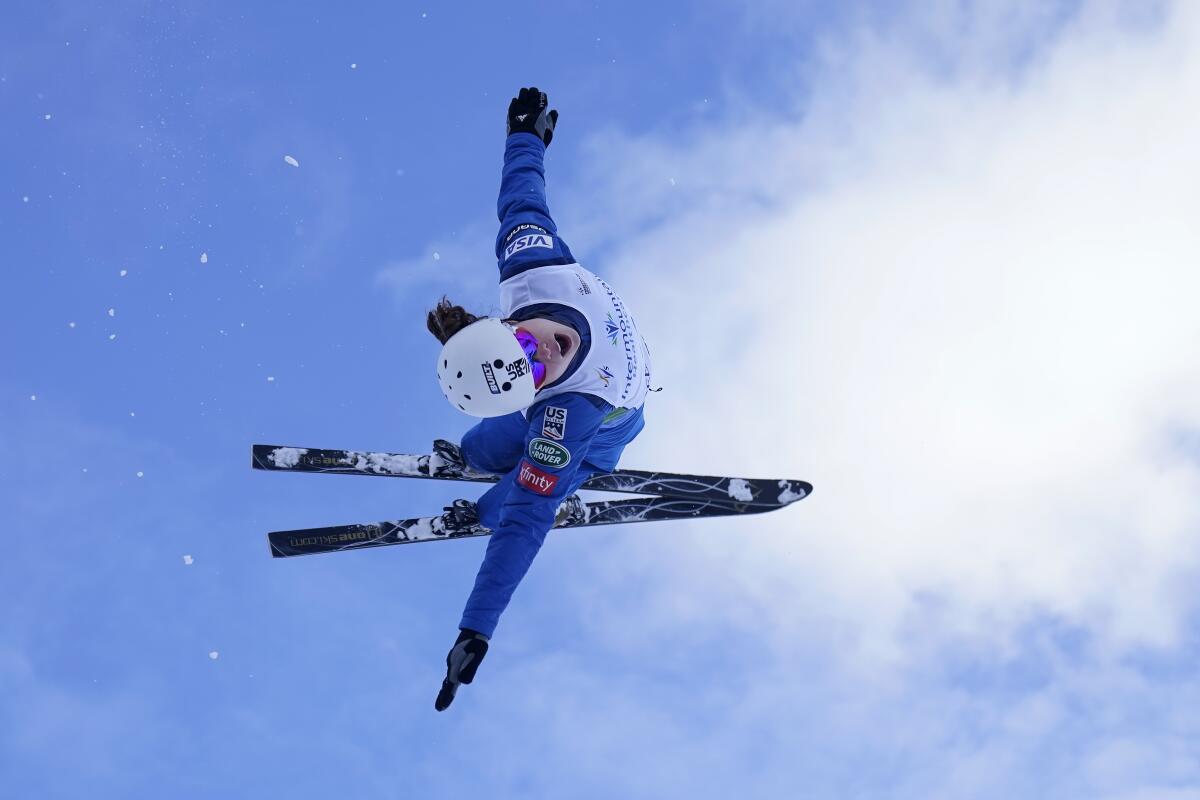
Mixed gender events have become a focal point for the IOC, which uses the unique formats to promote gender equity. Nine mixed team events debuted in Tokyo, including swimming, track relays and triathlon, bringing the total number for the Summer Games to 18. In Beijing, there are 11 mixed events.
“As an advocate for gender equality and equity, I think it’s so cool to bring men and women together,” Caldwell said. “It’s just a helpful way to increase visibility of women’s participation in sport.”
Voisin marvels at how women’s freestyle skiing has progressed since her first Olympics in 2014. She was a 15-year-old, first-year professional when freestyle skiing slopestyle made its Olympic debut. Now the 23-year-old is a veteran who constantly finds herself in awe at big tricks younger competitors throw down. The growth has made the competition for this year’s big air medal even tougher, but it’s also made the four years since watching from the sidelines in Pyeongchang worth the wait.
“When people watch big air and freeskiing, they’re just going to fall in love with it,” Voisin said. “I hope it inspires other girls to get out there and push the limits.”
More to Read
Go beyond the scoreboard
Get the latest on L.A.'s teams in the daily Sports Report newsletter.
You may occasionally receive promotional content from the Los Angeles Times.

